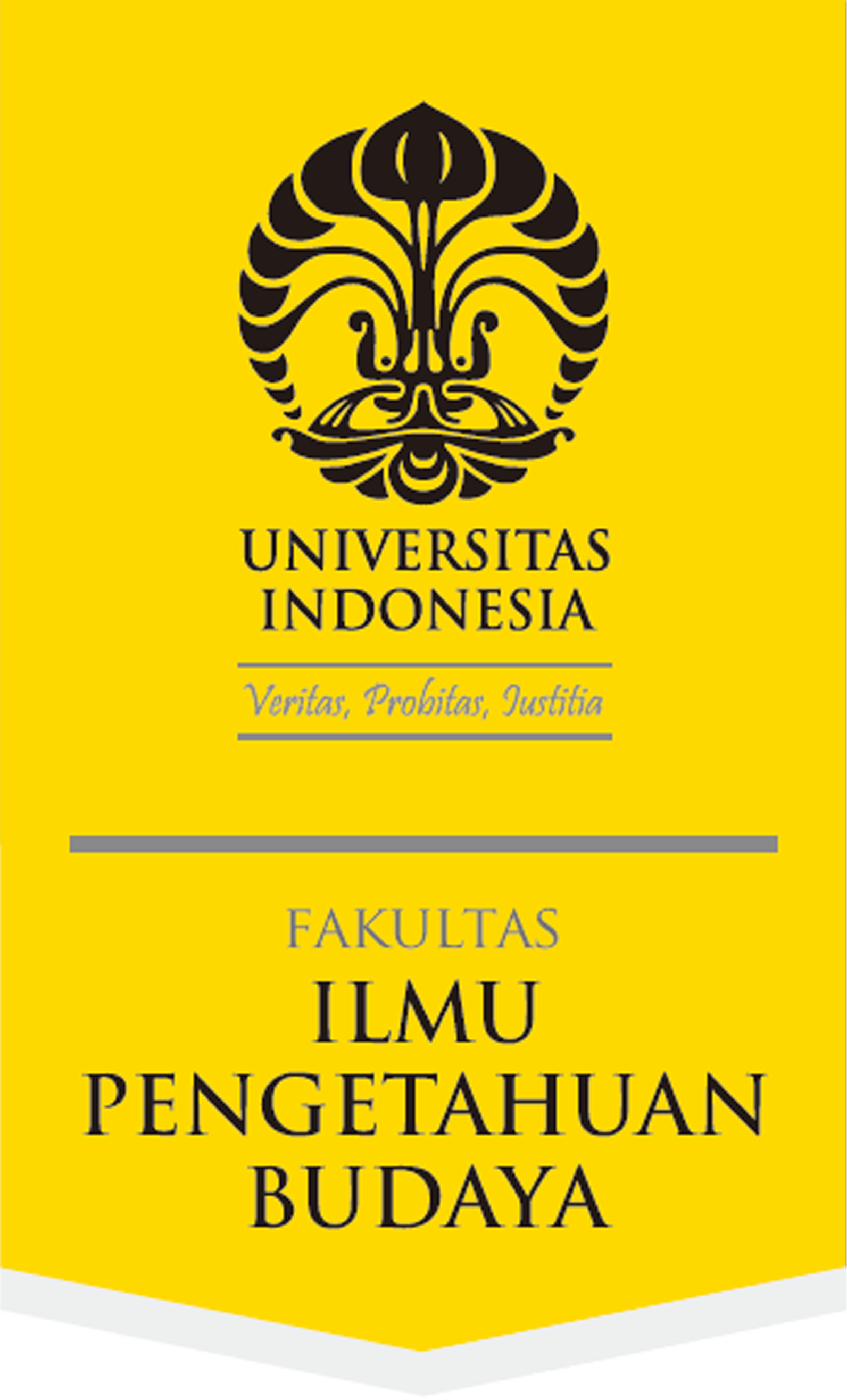Abstract
Since Indonesian independence, its Chinese minority has been a victim of violent outbreaks, but also of restrictive policies arising from politics and administrative measures. From about 1957, with the closure of Chinese-language schools and subsequent regulations about expression of Chinese culture, many speak of the "erasure" of that culture through such restrictions. Violent anti-Chinese outbreaks have proceeded from the Indonesian Revolution and the presidency of Soekarno (especially the so-called "PP-10" measures against Chinese rural traders) to the era of Suharto, which began with the 1965-1967 anti-Communist massacres and their effects on ehtnic Chinese and came to an end with the provocation of violence against ethnic Chinese in major Indonesian cities. This paper also discusses the reactions to these waves of anti-Chinese measures: rejection, flight, but also countermeasures in the form of political activity. In the years since Reformasi, as attacks on them have subsided, many Chinese Indonesians have chosen to emphasize their participation in Indonesian history and their positive contributions to Indonesian culture.
References
Ang Jan Goan. 2009. Memoir Ang Yan Goan, 1894-1984. Jakarta: Yayasan Nabil.
Blussé, Leonard. 2000. Retour Amoy; Anny Tan—een vrouwenleven in Indonesië, Nederland en China. Amsterdam: Uitgeverij Balans.
Coppel, Charles A. 1983. Indonesian Chinese in crisis. Kuala Lumpur: Oxford University Press.
Coppel, Charles A. 2006. “Violence; Analysis, representation and resolution”, in: Charles A. Coppel (ed.), Violent conflicts in Indonesia; Analysis, representation, resolution, pp. 3-18. Abingdon: Routledge.
Cribb, Robert. 2008. “The brief genocide of Eurasians in Indonesia, 1945/46”, in: A. Dirk Moses (ed.), Empire, colony, genocide; Conquest, occupation, and subaltern resistance in world history, pp. 424-439. New York: Berghahn Books.
Eifert, Yvonne. 2012. Conflict formation and transformation in Indonesia; Chinese and indigenous Indonesians on their way to peace? PhD thesis, Justus-LiebigUniversität Gieβen.
“Guide to the Niels A. Douwes Dekker Papers”, Collection Number: 3480, Division of Rare and Manuscript Collections, Cornell University Library, (http://rmc.library.cornell.edu/ EAD/htmldocs/RMM03480.html).
Heidhues, Mary Somers. 2006. “Indonesia”, in: Lynn Pan (ed.), The Encyclopedia of the Chinese Overseas, pp. 151-168. Second Edition. Singapore: Chinese Heritage Centre and Didier Millet.
Heidhues, Mary Somers. 2012. “Anti-Chinese violence in Java during the Indonesian Revolution, 1945–49”, Journal of Genocide Research 14: 3-4, 381-401.
Melvin, Jess. 2013. “Why not genocide? Anti-Chinese violence in Aceh, 1965- 66”, Journal of Current Southeast Asian Affairs 32: 3, 63-91.
Melvin, Jess. 2015. “Documenting genocide”, Inside Indonesia 122 (Oct-Dec). [Retrieved from: http://www.insideindonesia.org/documentinggenocide, accessed March 14, 2016].
Mozingo, David. 1976. Chinese policy toward Indonesia, 1949-1967. Ithaca, NY: Cornell University Press.
Muaja, A.J. 1958. The Chinese problem. Jakarta: New Nusantara.
Oei Tjien. 2009. Memoirs of Indonesian doctors [1 and 2]. Bloomington, IN: Xlibris. [Ebook.]
Purdey, Jemma. 2006. Anti-Chinese violence in Indonesia, 1996-1999. Singapore: Singapore University Press.
Salmon, Claudine and Anthony Siu (eds). 1997. Chinese epigraphic materials in Indonesia; Volume 2: Java. Singapore: South Seas Society.
Siauw Giok Tjhan. 1981. Lima jaman; Perwujudan integrasi wajar. Jakarta/ Amsterdam: Yayasan Teratai.
Sidel, John T. 2006. Riots, pogroms, jihad; Religious violence in Indonesia. Ithaca, NY: Cornell University Press.
Smith, Philip. 2015. “Writing in the rain; Erasure, trauma, and Chinese Indonesian identity in the recent work of FX Harsono”, Journal of Southeast Asian Studies 46: 1, 119-133. [DOI:10.1017/S0022463414000642.]
Somers, Mary F.A. 1965. Peranakan Chinese politics in Indonesia. PhD thesis, Cornell University.
Suryadinata, Leo and Didi Kwartanada (eds). 2016. Tionghoa dalam keindonesiaan; Peran dan kontribusi bagi pembangunan bangsa. Jakarta: Yayasan Nabil.
Steedly, Mary Margaret. 2013. Rifle reports; A story of Indonesian independence. Berkeley: University of California Press.
Tjamboek Berdoeri [pseud., Kwee Thiam Tjing]. 2004. Indonesia dalem api dan bara. Edited by Benedict Anderson. Jakarta: Elkasa. [Original manuscript 1947.]
Twang Peck Yang. 1998. The Chinese business élite in Indonesia and the transition to independence, 1940-1950. Kuala Lumpur: Oxford University Press.
Veer, A.L. van der. 2013. “The Pao An Tui in Medan; A Chinese security force in Dutch occupied Indonesia, 1945-48”. [MA thesis, Utrecht University.]
Wu Da Ying [Ngo That Tjien]. 2013. Chinese-Indonesian; An Odyssey through racism, ethnicity and science. Irvine, CA: privately published.
Yap Tjwan Bing. 1988. Meretas jalan kemerdekaan; Otobiografi seorang pejuang kemerdekaan. Jakarta: Gramedia.
Recommended Citation
Heidhues, Mary Somers
(2017)
"Violent, political, and administrative repression of the Chinese minority in Indonesia, 1945-1998,"
Wacana, Journal of the Humanities of Indonesia: Vol. 18:
No.
1, Article 6.
DOI: 10.17510/wacana.v18i1.574
Available at:
https://scholarhub.ui.ac.id/wacana/vol18/iss1/6









